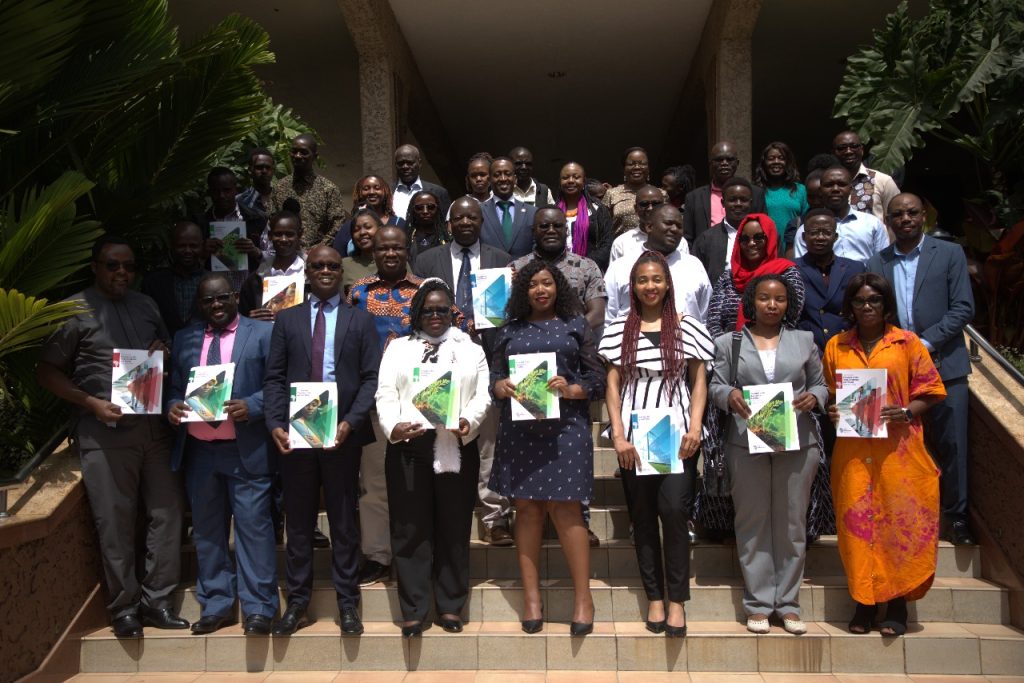The Just Transition Platform (JTP) has launched a comprehensive set of principles aimed at ensuring the continent’s shift to sustainability is fair, inclusive, and rooted in local realities. Unveiled today in Nairobi, the framework challenges top-down approaches and instead presents adaptable, sector-specific strategies that prioritize African sovereignty, economic justice, and innovation.
At the core of the JTP’s vision are three guiding principles designed to steer Africa’s energy transition in line with both climate goals and developmental needs.
The first, Sustainable National Energy Resource Sovereignty, asserts the right of African nations to manage their natural resources responsibly while integrating renewable energy, local knowledge, and smart technologies. The second principle, Energy Justice, calls for universal access to clean, affordable power, ensuring vulnerable communities are shielded from the harms of fossil fuels and that the benefits of the transition are shared equitably.

The third pillar, Innovation and Collaboration, emphasizes the need for inclusive partnerships, technology transfer, and sustainable financing to support homegrown, climate-smart solutions.
Beyond energy, the framework tackles systemic inequities across critical sectors. In trade and finance, it demands fairer economic systems that reduce dependency, address debt burdens, and safeguard against exploitation pointing to initiatives like the African Continental Free Trade Area (AfCFTA) as potential models.

For the world of work, the principles stress the protection of labor rights, social protections, and green skills development, particularly for women and informal workers who are often left out of policy discussions. In agriculture, the focus shifts to land reform, empowering smallholder farmers, and promoting low-carbon practices that bolster food security and resilience. Gender justice is also central, with a call to recognize unpaid care work and ensure women’s leadership in shaping climate policies.
The launch directly confronts the limitations of global climate frameworks, many of which have been criticized for overlooking Africa’s unique challenges.
Key to the JTP’s message is a rejection of one-size-fits-all solutions. Instead, the platform urges a transition defined by Africa’s own realities whether that means gradual shifts in energy systems, protections for workers in transitioning industries, or reforms that secure land rights for marginalized communities. It also highlights the disconnect between high-level policy ambitions, such as renewable energy targets, and the daily struggles of millions who still rely on biomass and subsistence farming.
Read more on:
As the continent’s population continues to grow, the need for a just and equitable transition has never been more urgent. The JTP’s principles offer a blueprint for governments, businesses, and civil society to align climate action with broader goals of poverty reduction, gender equality, and economic resilience. With this launch, Africa is not just responding to the global climate crisis but leading the way in shaping a future that leaves no one behind.










